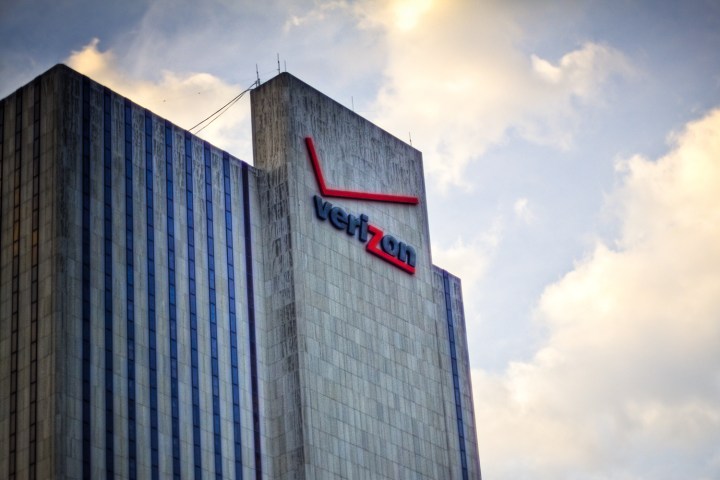
It’s not a done deal. Verizon chief Lowell McAdam reportedly corresponded with Gerg Maffei, CEO of Charter parent company Liberty Media, and also enlisted the help of financial advisers to navigate a potential bid. Reuters reports, however, that no proposal is on the table, and CNBC says there are “no significant talks” going on between Verizon and Charter at this time.
Such a deal has long been a topic of speculation. McAdam told a Wall Street analyst that a merger would make “industrial sense,” and according to Bloomberg, Verizon has been exploring ways to expand its vertical reach. The carrier reportedly studied “more than 10” acquisition targets, including large media companies, network and cable operators, and fiber-optic service providers, before approaching Charter.
It’s a logical move for Verizon. The company, which has 114 million wireless subscribers, would gain access to Charter’s 24 million cable customers and 21 million broadband customers. And were a deal to go through, those subscribers would come under the umbrella of Verizon’s fiber-optic, high-speed FiOS service, which had roughly 6 million subscribers as of January 2017.
Charter inherited many of its subscribers in 2014 as the result of a merger with Time Warner Cable. In the wake of a failed $45 billion merger attempt by Comcast, Charter paid $55 billion in exchange for Time Warner’s millions of customers.
Verizon has struggled to maintain growth in wireless in light of what it calls a “competitive squeeze.” During the company’s January earnings report, it reported a larger-than-expected fall in subscriber additions, and is projecting a year of flat growth.
A merger with Charter would produce a profitable mega-network worth an estimated $500 billion at an opportune time. Some studies project that 23 million people will connect to the internet for the first time over the next three years, and by 2019, video streaming services like Netflix and Hulu are expected to account for 80 percent of the world’s traffic.
A proposed acquisition of Yahoo also hasn’t gone as planned. Verizon began piecing together a $4.8 billion bid for the internet giant in July 2016, but negotiations stalled in the wake of two massive data breaches at Yahoo.
A Charter acquisition could head off a rumored merger of Sprint and AT&T. U.S. regulators killed AT&T’s proposed acquisition of T-Mobile in 2011, citing antitrust concerns. But the new presidential administration is expected to be more amenable to consolidation within the telecom industry.
Charter’s shares surged 10 percent in Thursday’s premarket trading.
Editors' Recommendations
- 5G home internet: What is it, and should you get it?
- Here’s another big reason why T-Mobile 5G dominates AT&T and Verizon
- T-Mobile’s 5G Ultra Capacity network has four times the coverage of Verizon and AT&T
- T-Mobile’s 5G network just beat Verizon and AT&T (again)
- Popular 5G myths you need to stop believing

